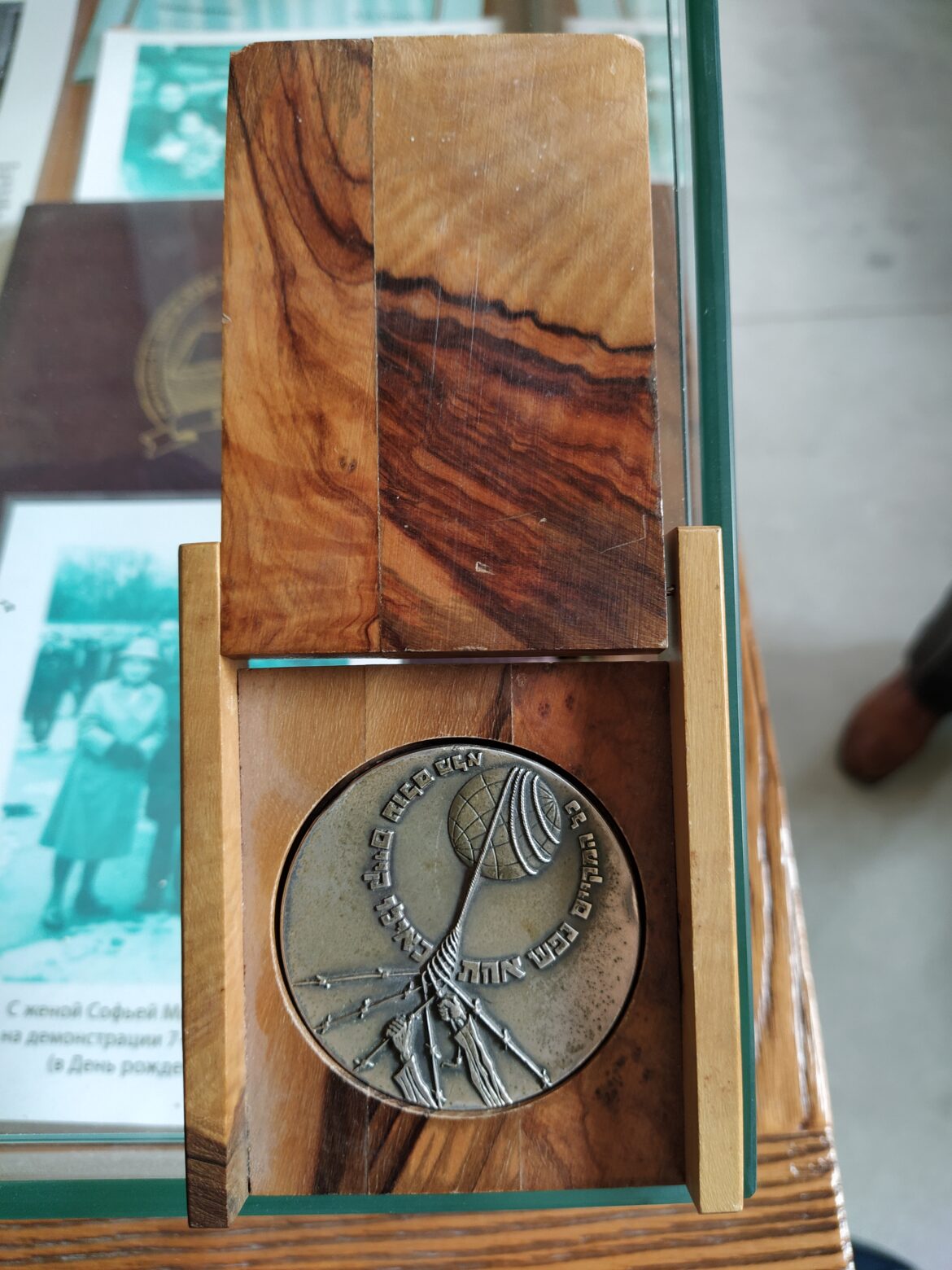During the Second World War, Rozalia Kostus, a widow with two children, Genowefa and Mieczysław, lived in Sambor. Their house at 1 Kopernika Street became a refuge for Jews when the Germans occupied the town in 1941 and a year later established a ghetto in the Blich district. In December 1942, during a German manhunt, Rozalia met Martin Gross, whom and five other Jews she hid in the basement, risking her and her family’s life.
The Kostus’ flat had two rooms and a kitchen. In the latter was the entrance to the cellar, where a hiding place for the Jews was organised. Only Rozalia’s daughter and son knew of their presence. On a daily basis, mother and daughter earned their living by trading in the market, while Mieczysław sold newspapers. They were supported financially by one of the people in hiding, Zygman, who had some savings.
For eighteen months, under extremely difficult conditions, the Poles took care of the Jews in hiding. Rozalia cooked food at night, and when she left with the children to go to work, she left a note on the door saying, “We are not at home”. The Jews only came out of the cellar at night to eat and rest. This was also an opportunity to talk and read the newspapers that Mieczysław brought.
One day, when Genowefa was returning from work, Germans with a dog were heading for their house. Rozalia, speaking German, stopped them, claiming that they kept rabbits in the hallway that the dog could attack. Thanks to her cleverness and knowledge of the German language, tragedy was avoided.
The Jews stayed with the Kostus until September 1944, and when Sambor was abandoned by the Germans, survivors left the hiding place. Shortly after the war, contact was broken for many years.
Rozalia Kostus died in 1957, but her courage and sacrifice were not forgotten. In 1997, Genowefa Marczuk, Rozalia’s daughter, found out that Martin Gross was looking for her family. They exchanged letters, after which Genowefa visited him in the United States.
On 1 February 2001, the Kostus family was honoured with the medal “Righteous Among the Nations” by the Yad Vashem Institute. The courage of a single woman with children thus finally received the honour many years after the end of the Second World War.





